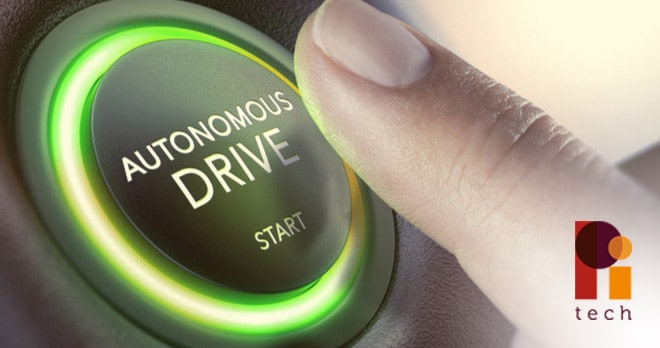Driverless cars are a game-changer. Is the law keeping pace?

Last year, Chancellor Philip Hammond told us to expect fully driverless vehicles on Britain’s roads by 2021 in line with the Government’s plans to invest in the sector. Will this be a good thing for our roads though, and how will it work in practice?
Are driverless cars a good thing?
First off, the most obvious benefits are; reduced emissions (from hybrid or electric vehicles) and congestion (as the cars will be driving smarter). Insurance companies have also led us to believe that driverless cars will result in cheaper insurance premiums; I remain dubious about that though.
As I see it, if driverless cars work properly, the biggest potential benefits of driverless cars are to our health whether that be better air quality, safer roads or less stress from traffic.
Driverless cars will improve transport options for disabled and elderly people which could ultimately help tackle social issues such as loneliness, isolation and depression. This is an increasingly important issue with an ageing population. The wellbeing of people who spend a lot of time in their cars should improve as they have more opportunity to sit back and relax instead of driving and concentrating on the road.
Will driverless cars make the roads safer?
We often hear that driverless cars will reduce road traffic accidents and injuries as they will reduce the possibilities for accidents caused by human error. Unfortunately, most of us will be aware a woman was sadly killed in America involving an Uber self-driving car during testing but developers of driverless cars are convinced that the driverless car technology will improve road safety.
Does the law need to change?
As drivers, we are constantly making split second decisions, especially when something takes us by surprise. So how will driverless cars deal with a child running across the road or a set of roadworks?
The Law Commission of England and Wales has recently announced a consultation on a ‘digital Highway Code’. The consultation will consider whether driverless cars should essentially be able to break the rules of the road to deal with various situations such as to mount pavements to let emergency services pass or exceed the speed limit in order to overtake.
The Law Commission recognises that it will be ‘extremely difficult to produce given ‘it involves formalising the “exception-handling rules” which are currently implicit in “common sense driver behaviour, personal value judgements and prosecutorial discretion”’. Obviously it is going to be extremely difficult to produce a document and subsequently software dealing with every conceivable situation.
On paper, a ‘digital Highway Code’ seems logical as we all know that we need to apply common sense judgement whilst driving. It will be important for driverless cars to make these types of decisions to ensure an efficient and working road network once they are introduced on our roads.
My lingering concern is about the dangers of computers driving these cars and the fact we will be passing responsibility for life and death decisions to new technology. Consideration also needs to be given to the potential ethical issues that could arise from the decisions being made by computers. It is very important that any prejudice or bias is avoided e.g. preference to avoid a collision with one type of road user over another. The Law Commission states this issue is a matter of political process rather than legal reform but it still requires a significant amount of consideration.
What if there is an accident? Who is going to be responsible?
A survey carried out by MoneySuperMarket earlier this year found that 45% of people believe the manufacturer should be liable. But what if the owner fails to update their car’s software? Should the owner be liable for failing to maintain the vehicle? Should the owner and manufacturer both be insured?
This will likely be a hot topic amongst insurance companies over the next few years. I have no doubt that there will be disputes once driverless cars are introduced to our roads. From a legal perspective, there does not appear to be a straightforward answer and a policy decision needs to be made so we all know where we stand.
I am glad to see that consideration is been given at this stage to the legal implications of driverless cars. The ethical issues around the decision making of driverless cars are just as an important factor and I hope this is given as much consideration as the legal reforms. It is important that any ‘common sense’ decisions made by the car are not based upon bias or prejudice. Only time will tell if and how these issues have been approached but I hope my first ride in a driverless car will not be too far away!
Technology has the power to change the way we view personal injury.
